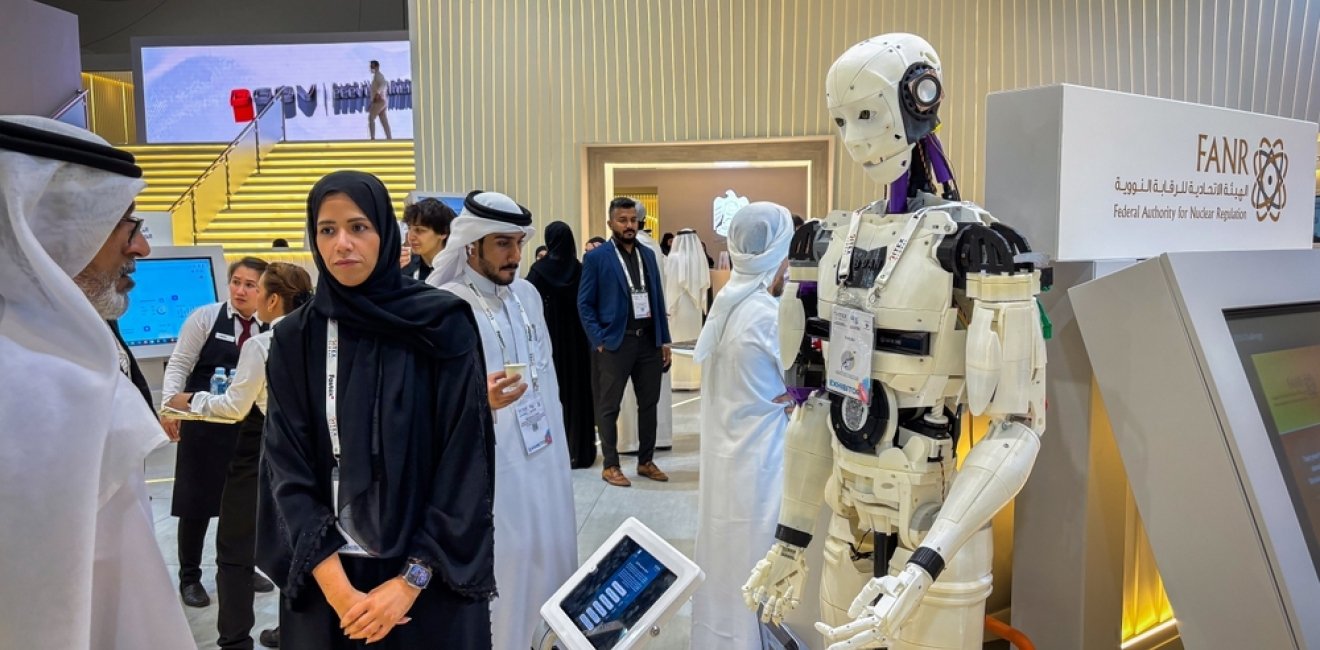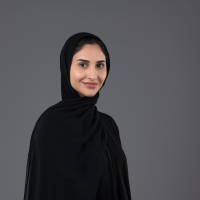“With the right tools and support, we can break through barriers, promote diversity, and drive innovation.”
The UAE is a particularly interesting ecosystem with multiple initiatives encouraging women in the workforce. In 2024, the UAE achieved a top 10 position in the global gender inequality index. From government subsidies and the Emirati Women Empowerment Strategy to free zones (areas exempt from corporate income tax and other customs duties for specific industries), in the UAE female founders and entrepreneurs can thrive.
However, women entrepreneurs continue to face challenges securing funding for their initiatives and attaining top leadership roles—problems that persist worldwide. In fact, as of 2023, women held only 10.4% of leadership positions at Fortune 500 companies.
AI is increasingly being used to help close the funding gap for women building tech startups. Development overhead and product testing are among the most expensive and time-consuming aspects of early-stage ventures. By leveraging AI for code generation and testing, entrepreneurs can develop minimum viable products and scale their ventures more cost-effectively in the market.
Funding challenges for women-led startups
Women-owned US companies are growing at over double the rate of all other firms. Meanwhile, women are still fighting for equal access to venture capital. In fact, women-founded start-ups in MENA garnered a mere 2% of funding in 2022, and in 2023, investment in female-founded startups dropped by 64%.
Although local governments try to support business exposure and opportunities for women, with pitch competitions and programs, isolating women into a gender category may have unintended consequences that hinder equality and diversity. It reinforces the idea that women are different or incapable of competing in the general pool. It also might restrict the types of businesses women pursue and reduce their exposure to a wider audience of potential investors, mentors, and collaborators.
Bridging the gender gap with software
The UAE is also making a strong push to become a leader in AI with its National Artificial Intelligence Strategy 2031. In fact, the UAE placed 13th with $0.4 billion invested in AI.
AI can help women develop their ventures, reduce costs, and increase efficiency. Traditional software development usually involves extensive coding, frequent iterations, and talent acquisition. This can quickly eat up budgets and slow down time to market. AI code generation uses natural language processing (NLP) to understand what is being built. It then helps create code snippets, complete existing code, or generate entire code blocks.
It is important to acknowledge that while AI-powered code generation is an immensely valuable asset, it is not without its limitations. Complex functionalities still require an expert eye. As of today, AI-generated code cannot be used as is; it requires the intervention and review of a software programmer to ensure the code is bug-free and optimally written to perform the required functions.
Almost half of all developers have approved access to use generative AI—like Codestral, a tool that understands 80 programming languages, or Zealous TenX, an AI framework that automates code generation and testing, enabling software developers and companies to launch products quickly, reduce overhead costs, and maintain high-quality code as they grow.
Cultivating a prosperous environment for women entrepreneurs
Several initiatives can help support women founders in their startup journeys. Training programs can equip them with the necessary skills to utilize AI tools and provide the initial credits needed to start. Diversity initiatives can encourage investment firms to increase the representation of women in decision-making roles and integrate them into their deal flow strategies. Moreover, mentorship programs can connect aspiring women founders with seasoned entrepreneurs, building a supportive network that provides valuable guidance and encouragement.
If I could offer one piece of advice to female founders with a tech startup idea, it would be to not wait for funding to get started. Be proactive. Economically test your product's viability and desirability in the market. Seek programs that support diverse founders. While VCs often prefer proven business models, don’t hesitate to innovate—experimenting with AI code generation is a first step.
Building and scaling a tech company has always been challenging, especially without the initial investments needed to support development. However, we are witnessing an unprecedented shift in the fundamental dynamics of building a successful software company. I believe that the future of software development is AI, which will enable small teams to achieve substantial results. The future is particularly bright for startup founders, especially for the emerging wave of ambitious and driven women founders.
With the right tools and support, we can break through barriers, promote diversity, and drive innovation.
The views expressed in these articles are those of the author and do not reflect an official position of the Wilson Center.








